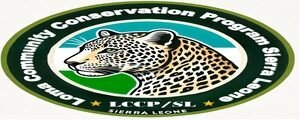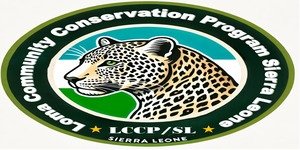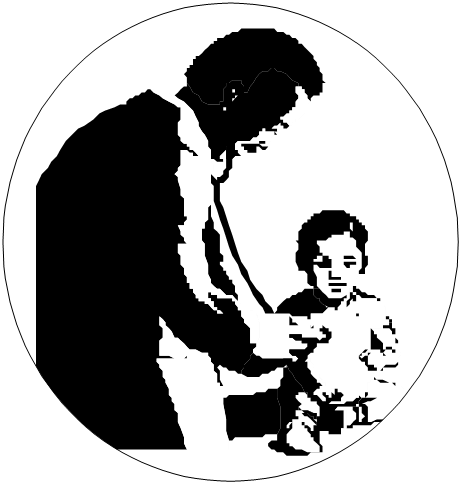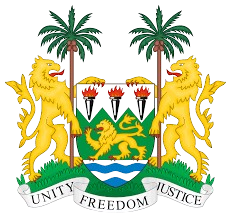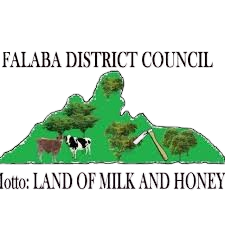Our Programs
Introducing community members to forest protection, restoration, preservation, conservation and biodiversity around Loma Landscape
These activities involve building awareness, understanding, and skills around the importance of protecting forests and their biodiversity, while empowering local communities to become active stewards of their natural resources. These workshops offer a range of activities for three (3) years from understanding the basics of forest protection, restoration, preservation, biodiversity and ecosystems to learning practical skills like forest protection, restoration and community forest management.
Community Stakeholders Endorsing Forest protection and Conservation agreements.

Key stakeholders at the high table discussing Forest Protection mechanism
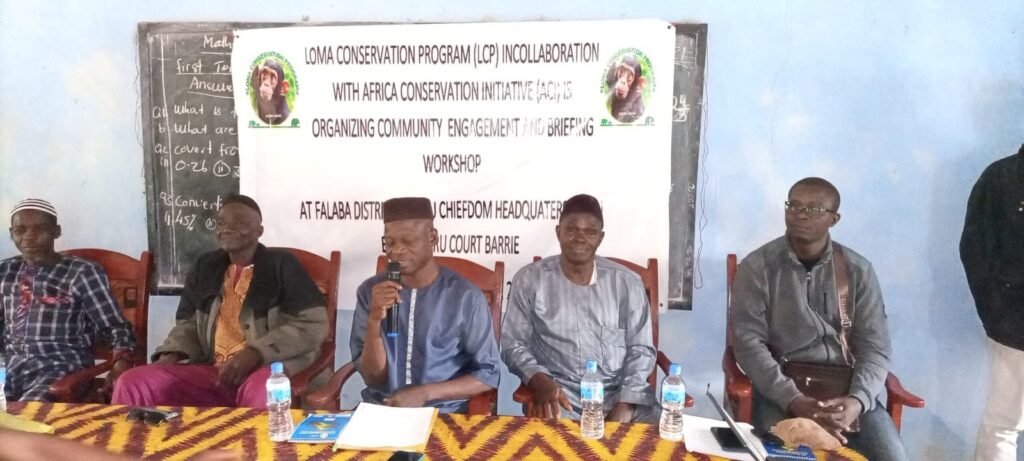
Establishing of effective project committees around the Loma landscape
The establishment of these project committees’ initiatives involves defining their purpose, selecting members, developing a charter, and ensuring effective collaboration and communication. These committees are alternately responsible for addressing ongoing needs, or ad hoc, formed for specific projects. They play a crucial role in guiding landscaping projects, from initial planning to implementation and monitoring.
Establishment of various project committees workshop
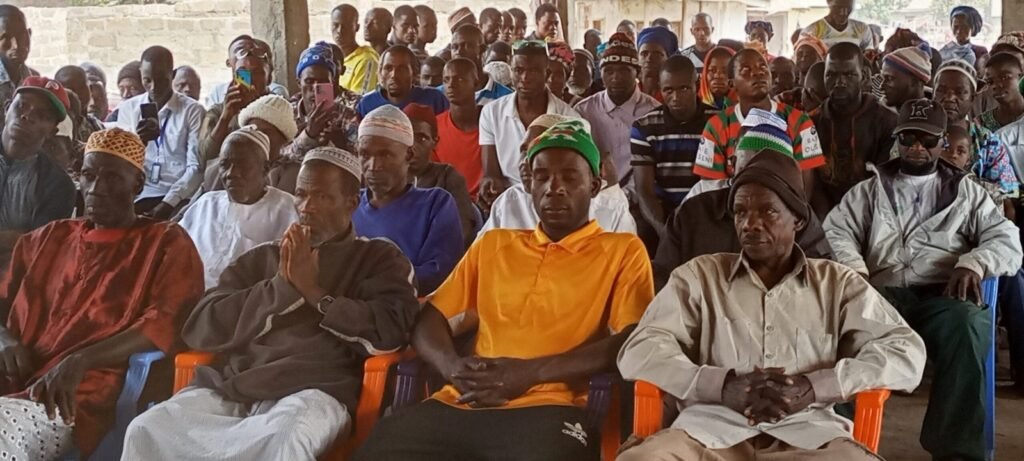
Identification of women vegetable crops production groups across the Loma Landscape
Women's vegetable crop production groups in the Loma Landscape are crucial for food security, household income, and community development. These groups play a vital role in ensuring access to nutritious food, generating income for families, and empowering women in rural areas. The establishment of these women vegetables crop production groups involves direct engagement with the various groups and selecting members to ensure effective collaboration and communication among themselves.
Women Vegetable Crops Productions Groups (WVCPG) across the Lomalandscape

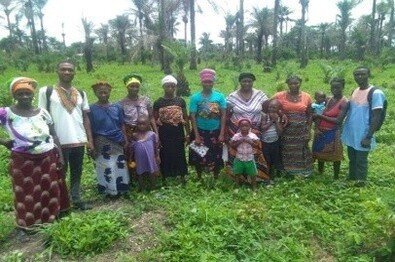
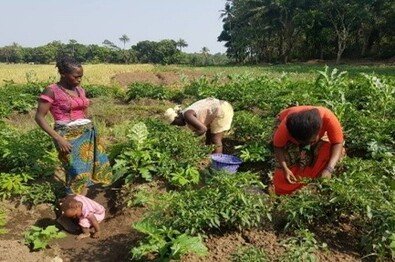
Formation of various Village Saving and Loan Association Groups across the Loma Landscape.
The formation of these Villages Saving and Loan Association Groups (VSLAG) involves identification, selecting trusted and committed members across the Loma Landscape. It is a community-based financial system (CBFS)designed to provide savings, credit, and insurance opportunities to individuals, especially those directly affected around the Loma Landscape or underserved areas where access to formal financial institutions is limited.
Barawa Wollay Chiefdom VSLAG
Nyedu Chiefdom VSLAG
Nieni Chiefdom VSLAG

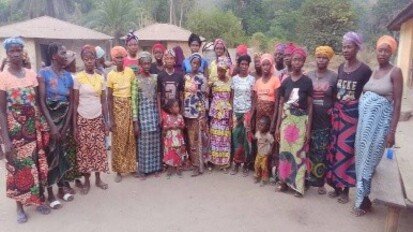
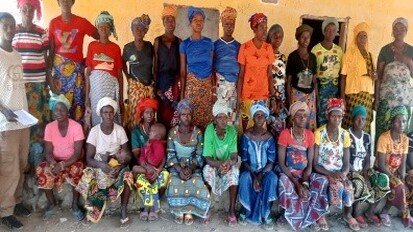
Stakeholders Engagement
We believed that stakeholder engagement is often considered the cornerstone of successful project implementation. It involves actively involving and managing individuals, groups, or organizations that have a vested interest in the project. Effective stakeholder engagement helps to ensure that the project aligns with their needs and expectations, which is crucial for achieving project goals and maximizing success. Before signing Memorandum of Understanding (MOU) with the Government of Sierra Leone through the National Protected Area Authority (NPAA). The Loma Park Manager and senior members from NPAA visited Loma Landscape and had consultative meeting with authorities regarding the Loma Community Conservation Program (LCCP/SL) structured. This structured comprises of Paramount Chiefs, Chiefdom Speakers and Districts council senior members. During this visit,NPAA was pleased with the activities of LCCP/SL and obtained approval from the community stakeholders to sign an MOU with the Government through National Protected Area Authority (NPAA).
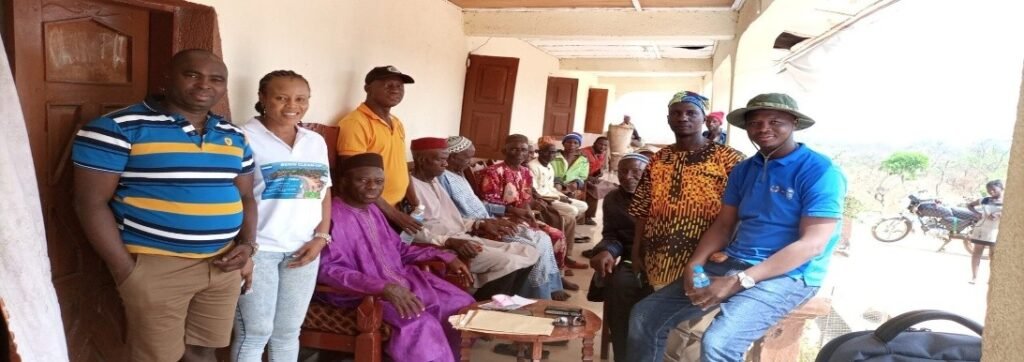
EU project initiation workshop and identification of existing Chiefdom Development and Land use planning Workshop

Key stakeholders

Stakeholders’ Engagements
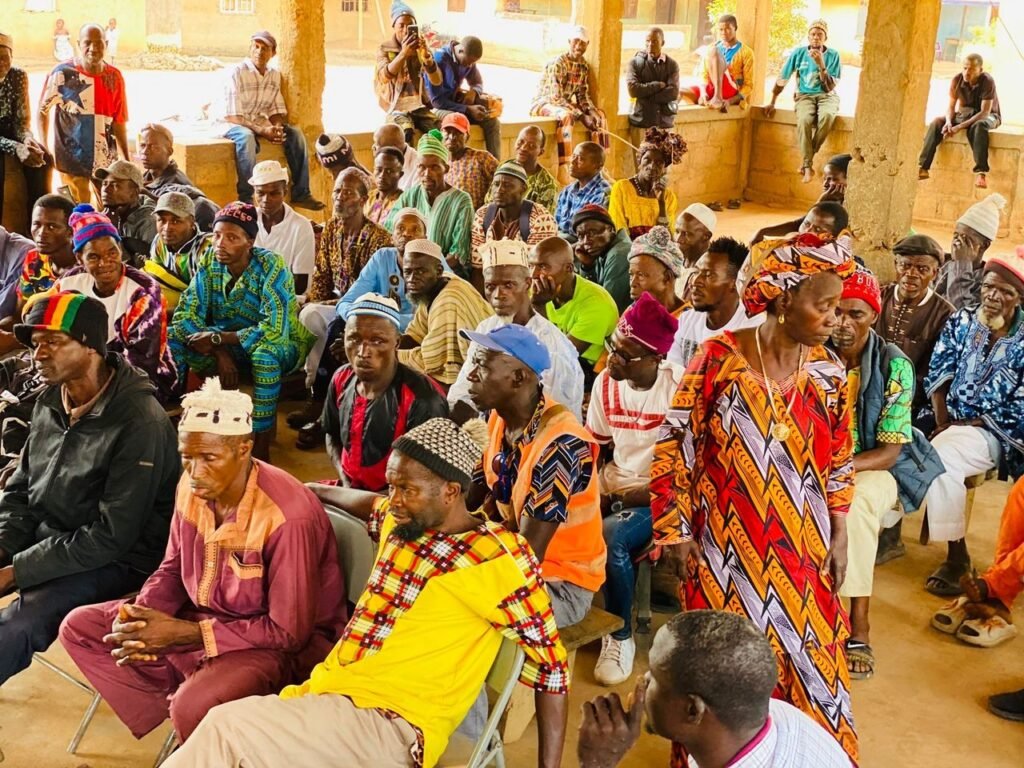
Signing Ceremony for the constructions of 30 hand-pumps water-well funded by European Union (EU) Through the National Protected Area Authority (NPAA) Government of Sierra Leone.
PARAMOUNT CHIEF FODAY MANSO KOROMA 111-(JP)NIENI CHIEFDOM MAKING STATEMENT

PARAMOUNT CHIEF FASALIE KULAKO DEMBA MARAH -111-NYEDU CHIEFDOM MAKING STATEMENT

MR YIRAH MARAH MAKING STATEMENT ONBAHLF OF THE PARAMOUNT CHIEF OF BARAWA WOLLAY CHIEFDOM
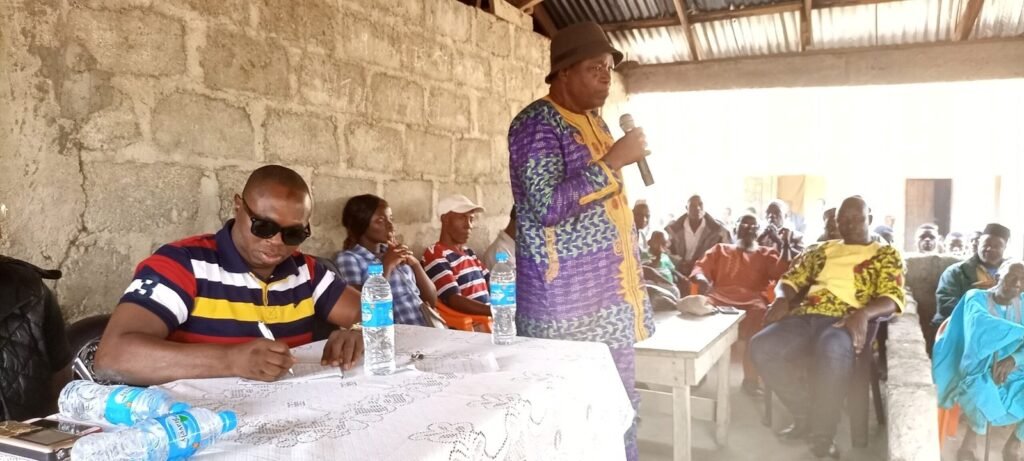
TRAINING OF FIRE-FIGHTER
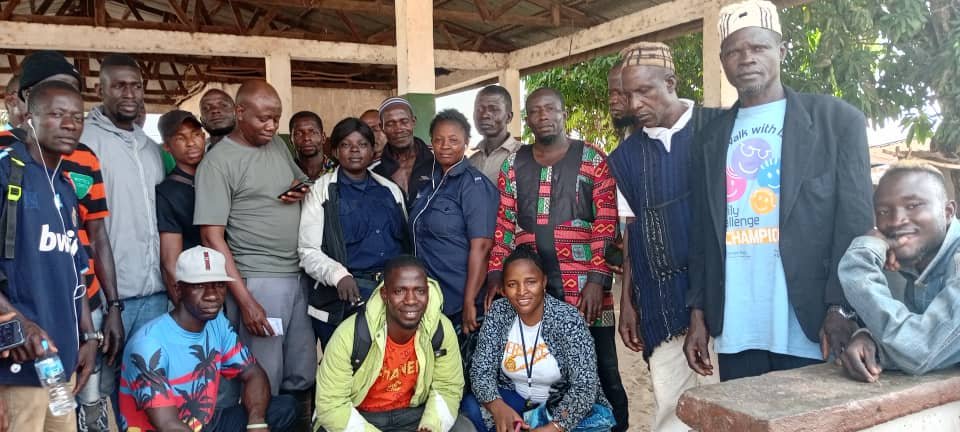
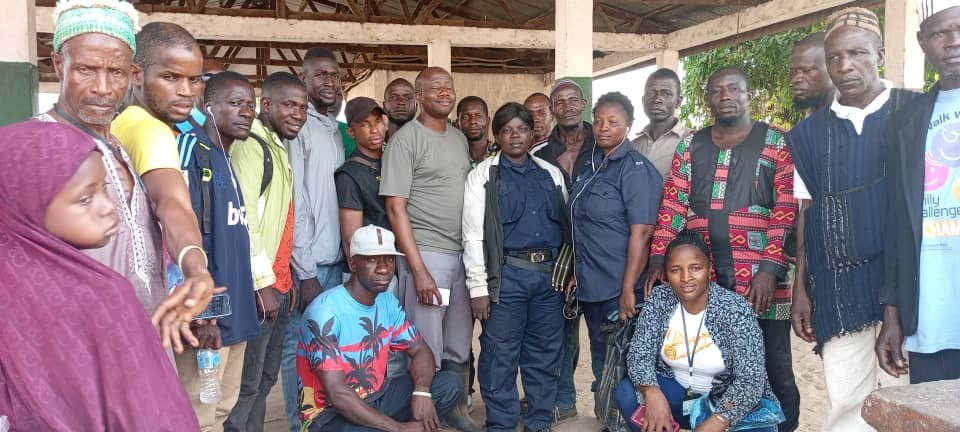
Get Involved
Now, it’s your turn.
Passionate about climate change and sustainable community development
Ready to join our support team?
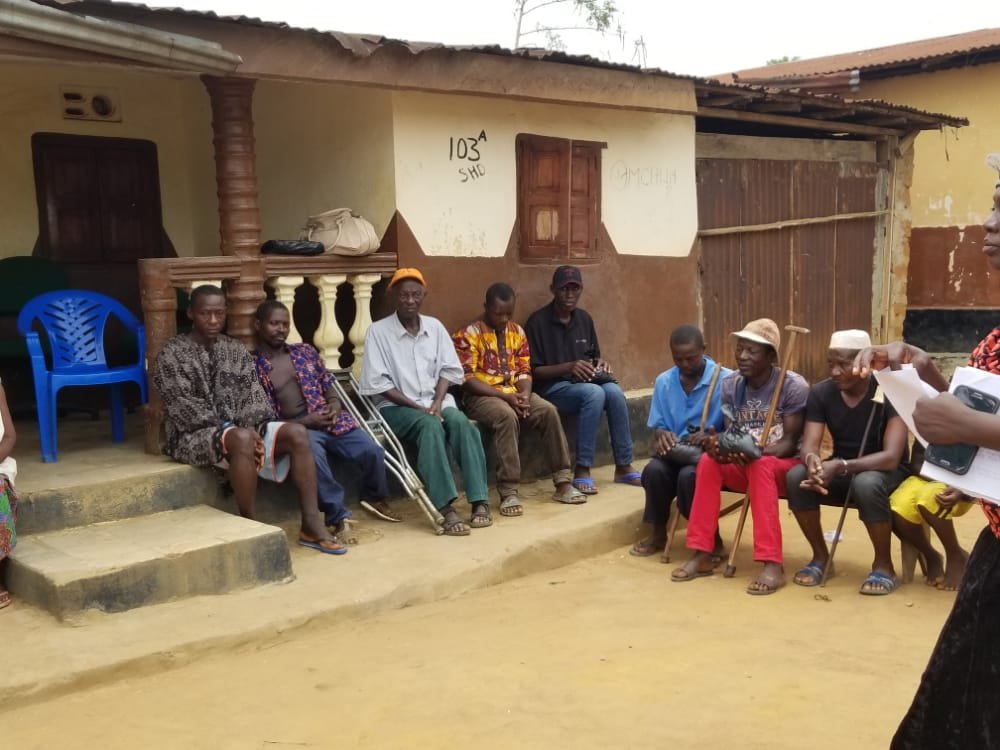
LCCP-SL engages with partners who affirm all communities’ dignity and potential and share collective responsibilities in ensuring that we raise the dignity and welfare of communities nationwide. The inherent principles that guide LCCP SL’s work equally guide our partnership development
